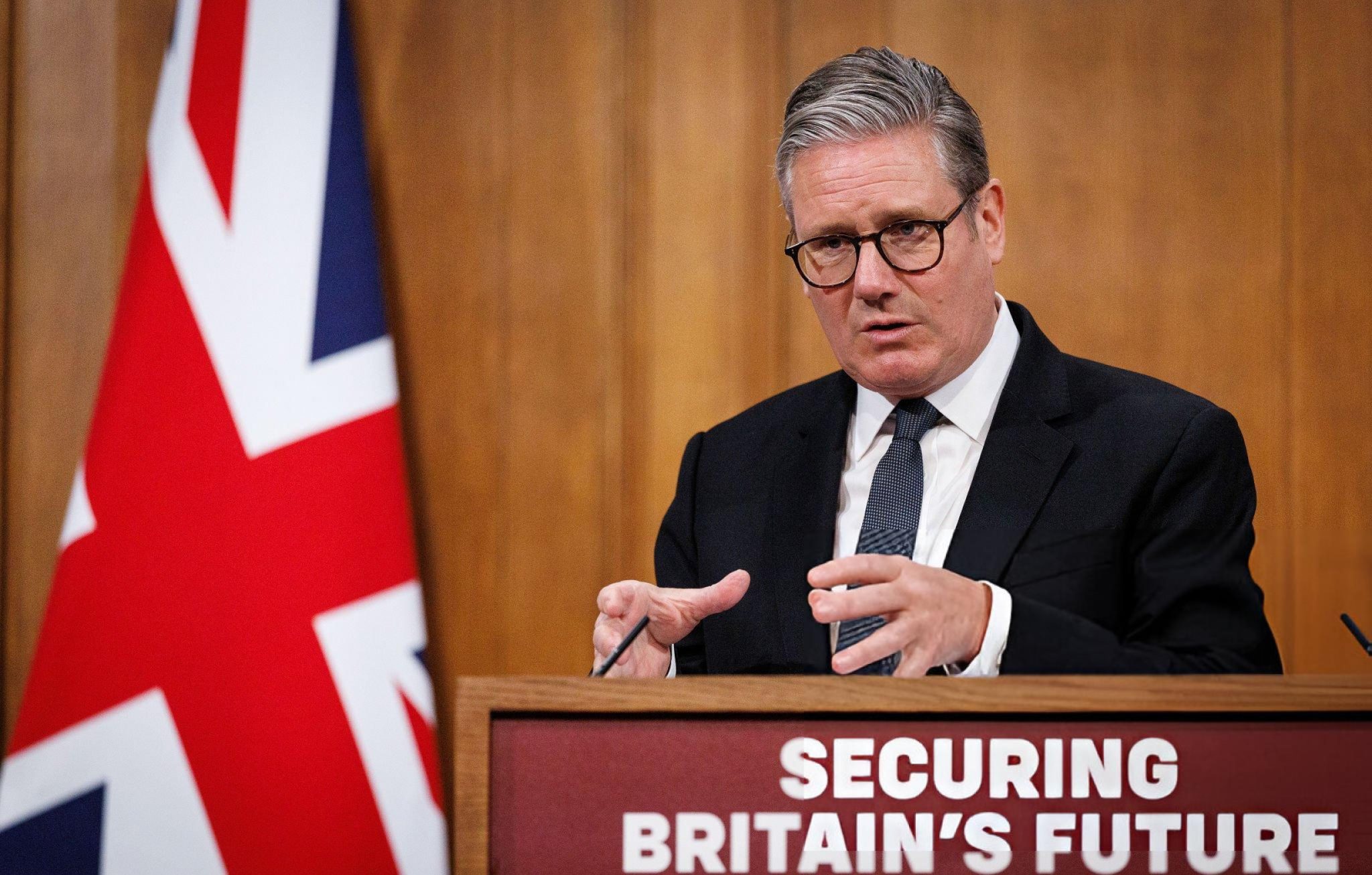Starmer doubles down on ‘Island of Strangers’ immigration row amid growing labour revolt
Sir Keir Starmer has ignited fresh fury within his own party as he doubled down on his controversial claim that Britain risks becoming an “island of strangers” due to high levels of immigration, despite mounting comparisons to Enoch Powell’s infamous 1968 “rivers of blood” speech.
The Prime Minister’s remarks, delivered during a speech on immigration policy, have provoked widespread alarm across the Labour benches, with some accusing him of adopting language reminiscent of the far-right. The backlash comes at a precarious time for Sir Keir, as his leadership faces increasing scrutiny following Labour’s bruising local election results earlier this month.
Downing street has rejected any suggestion that Sir Keir’s language echoed Powell’s incendiary rhetoric, which is widely regarded as having stoked racial hatred and division. A spokesperson for the Prime Minister insisted that Sir Keir was using his “own language” to make the case that uncontrolled immigration has caused “incalculable damage” to the British economy.
“The Prime Minister stands by his remarks,” the spokesperson said. “Our priority is to bring down net migration and restore fairness and control to the system. The British public rightly expects us to get a grip on this issue, and the Prime Minister has been clear that we will do so.”
However, Sir Keir’s words have provoked open revolt among sections of his own party. Veteran Labour MP and long-standing anti-racism campaigner Diane Abbott led the chorus of criticism, describing the Prime Minister’s comments as “a shameful moment for both the Labour Party and British politics”.
Ms Abbott warned: “This will not end well for either the country or the party. This language fuels division, not unity, and alienates the very communities that have always made Britain the diverse and inclusive society it is.”
The fallout has been further compounded by Home Secretary Yvette Cooper’s conspicuous refusal to repeat the Prime Minister’s phrasing during media interviews. London Mayor Sadiq Khan also distanced himself from the remarks, saying he would not have used the term “island of strangers” and suggesting the phrase risked feeding into divisive narratives.
Speaking to LBC, Mr Khan said: “The sort of language I use is different. Migrants are not strangers—they are our teachers, our nurses, our neighbours, and our family. We should be wary of language that creates ‘them and us’ divisions.”
In a further twist, Sir Keir’s comments were unexpectedly welcomed by Hungary’s hardline right-wing government. Zoltán Kovács, spokesperson for Prime Minister Viktor Orbán, praised the Labour leader’s stance, claiming it echoed Hungary’s own hardline approach to migration.
“We see Sir Keir Starmer saying the exact sentences and words we’ve been talking about for the past 10 years,” Mr Kovács told The Independent. “This is what democracy is about—representing the people.”
The Prime Minister’s office quickly rebuffed any attempt to link his speech to far-right ideology, pointing to his explicit acknowledgment that migrants have made a “massive contribution” to British society.
Nonetheless, the disquiet within Labour’s ranks is intensifying, with MPs warning privately that they have already been pushed to accept difficult and unpopular policies, including cuts to disability benefits, reductions in winter fuel payments, and controversial tax rises.
Attention is now turning to the Hamilton South by-election for the Scottish Parliament, where labour is locked in a fierce battle with Reform UK to secure second place behind the SNP. Some MPs are privately speculating that the outcome could serve as an early litmus test for Sir Keir’s leadership, with others eyeing next May’s Scottish and Welsh elections as potential moments to challenge his position.
Labour MP Olivia Blake voiced her unease on times radio, saying: “The language of ‘strangers’ has been used by the far-right for generations. I fear the impact this could have on our communities.”
Despite the internal turmoil, Sir Keir has shown no sign of retreating from his hardening stance on immigration, signalling a determination to confront the issue head-on even if it means alienating parts of his party.






